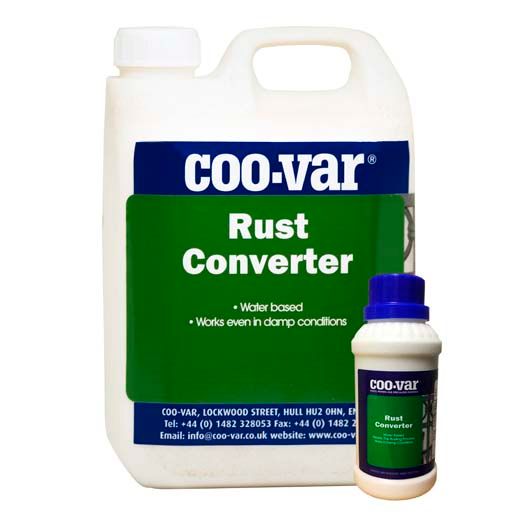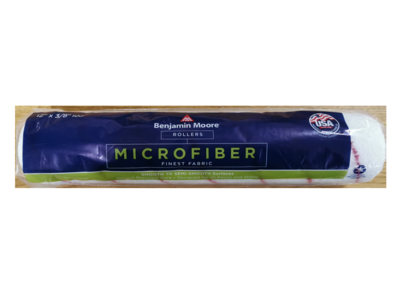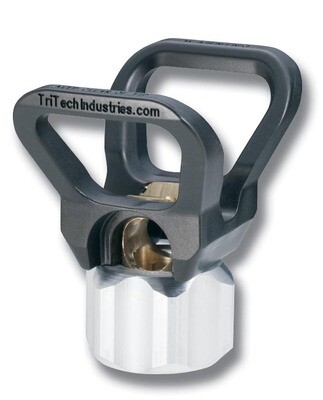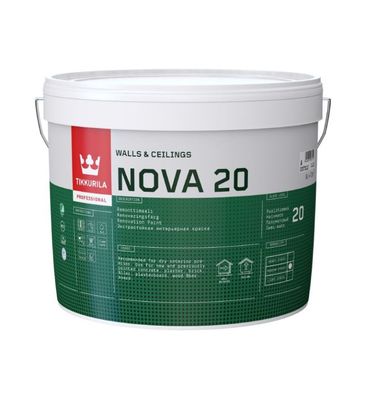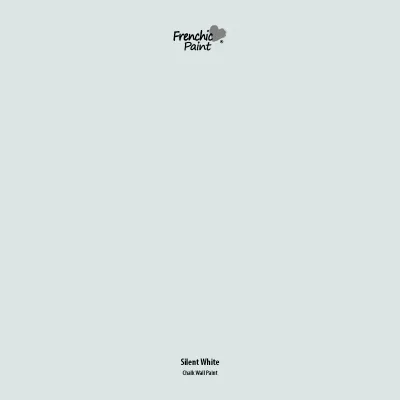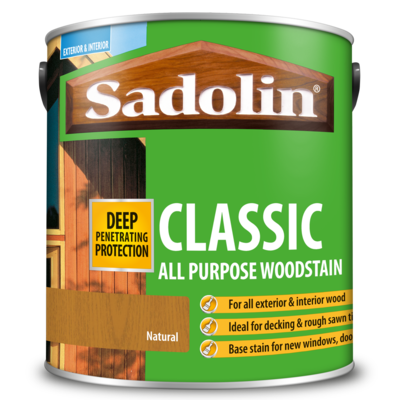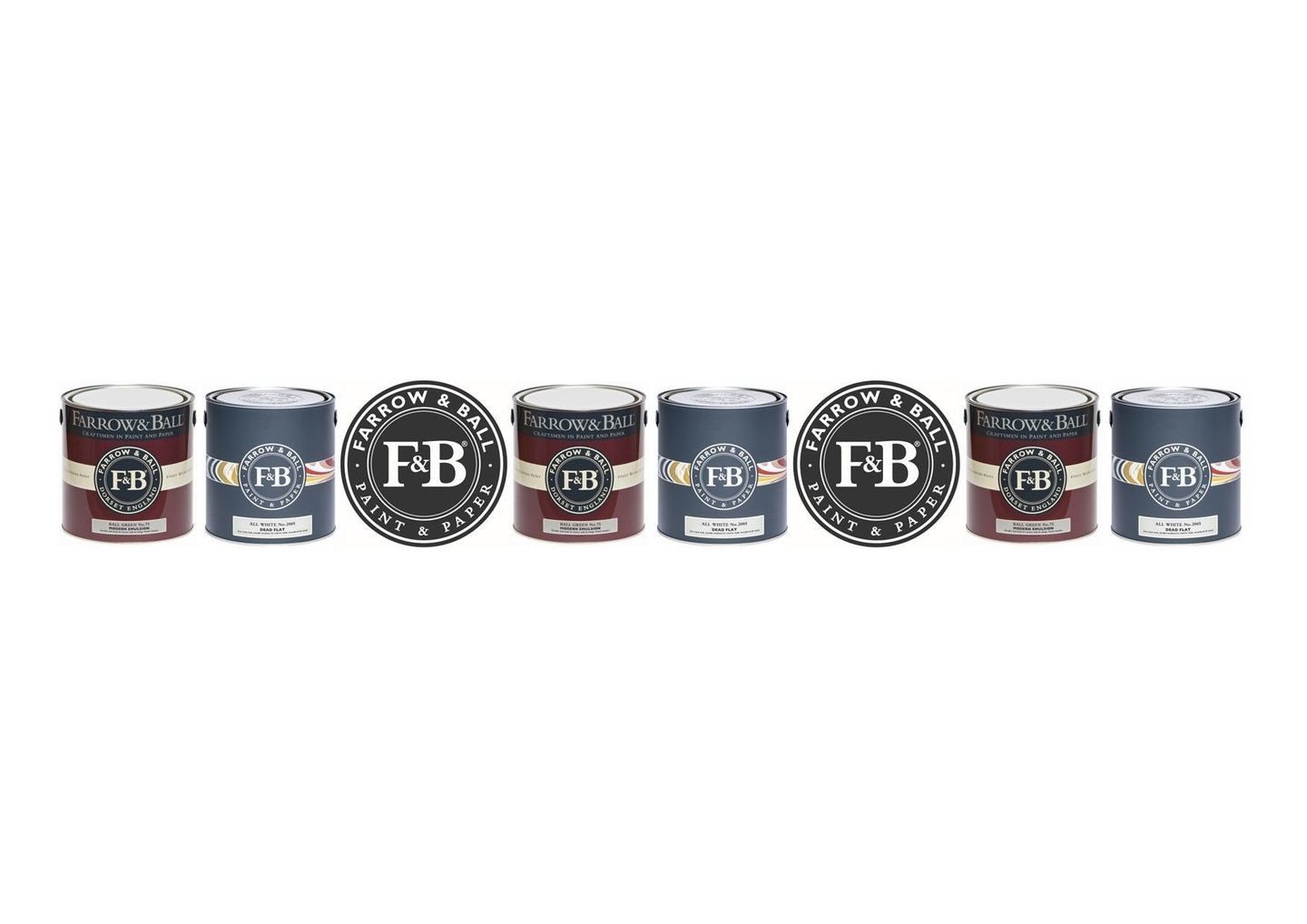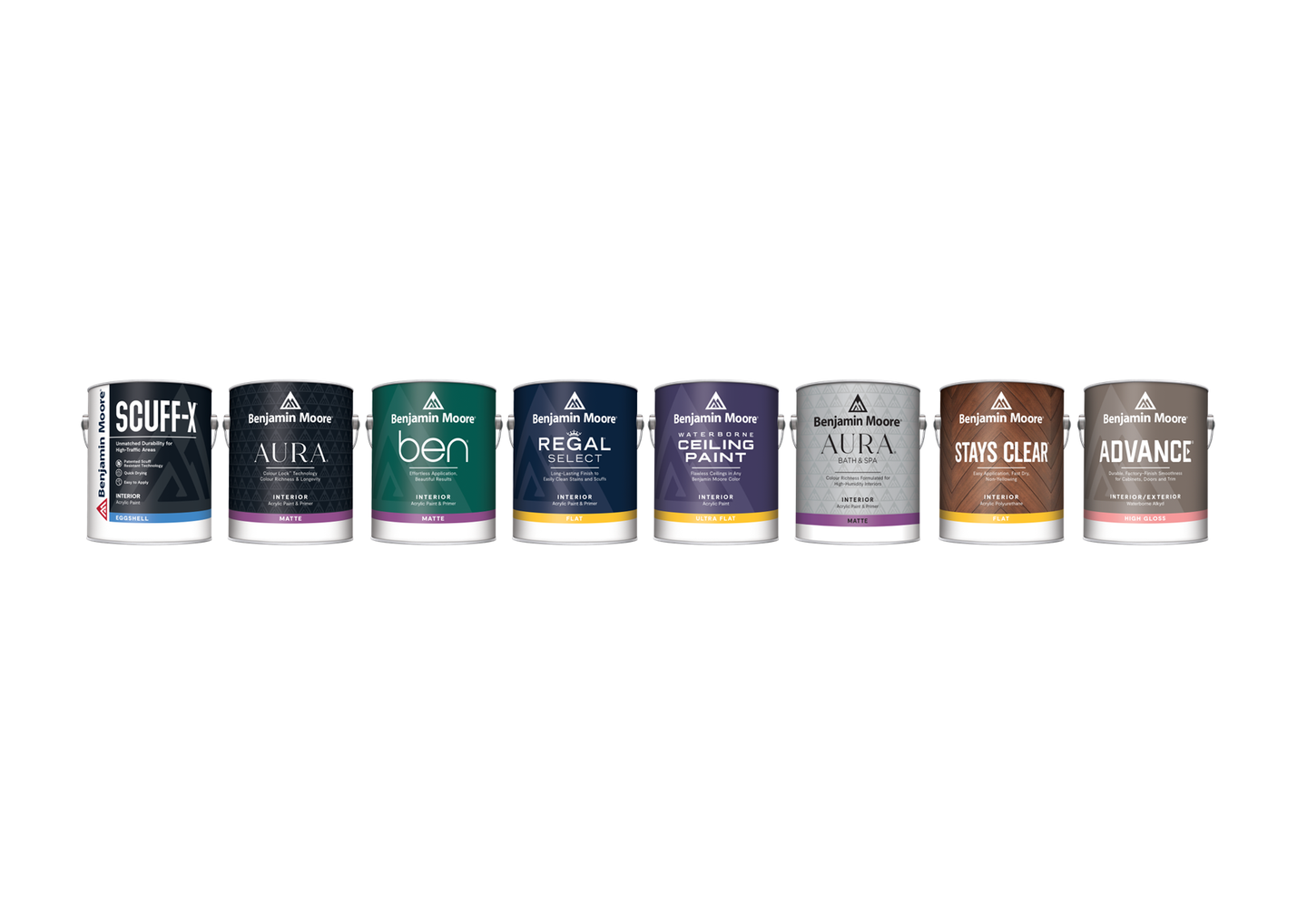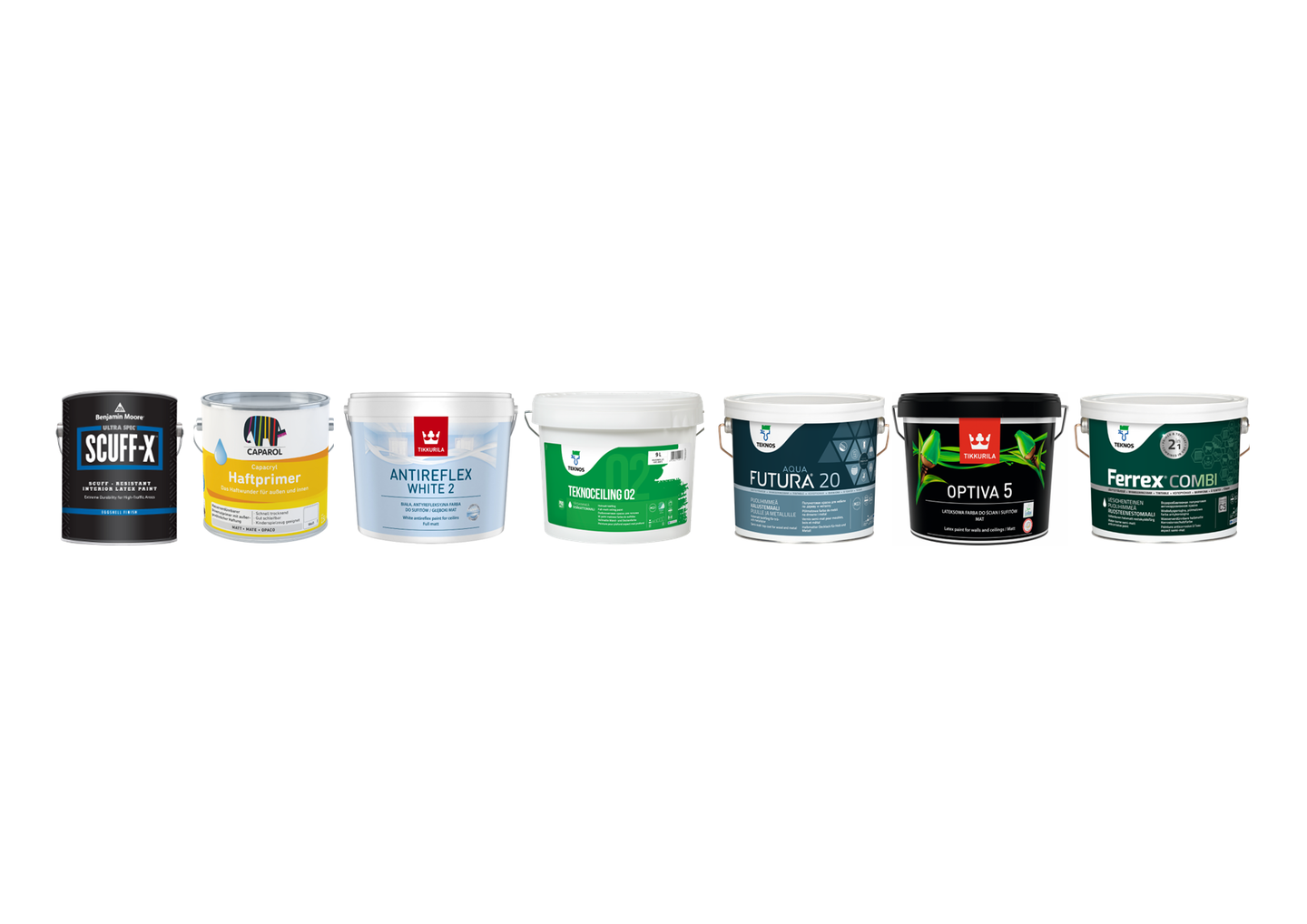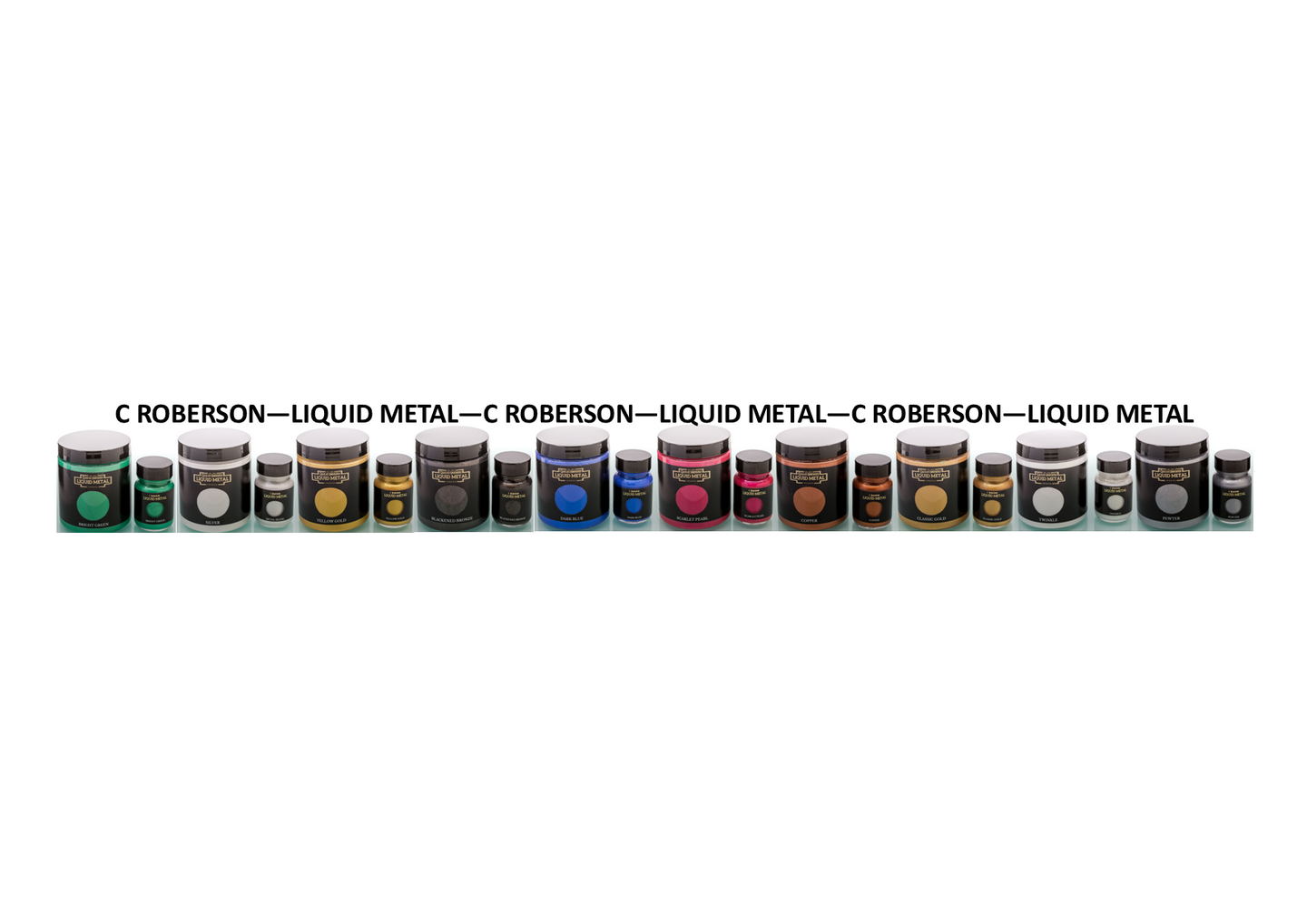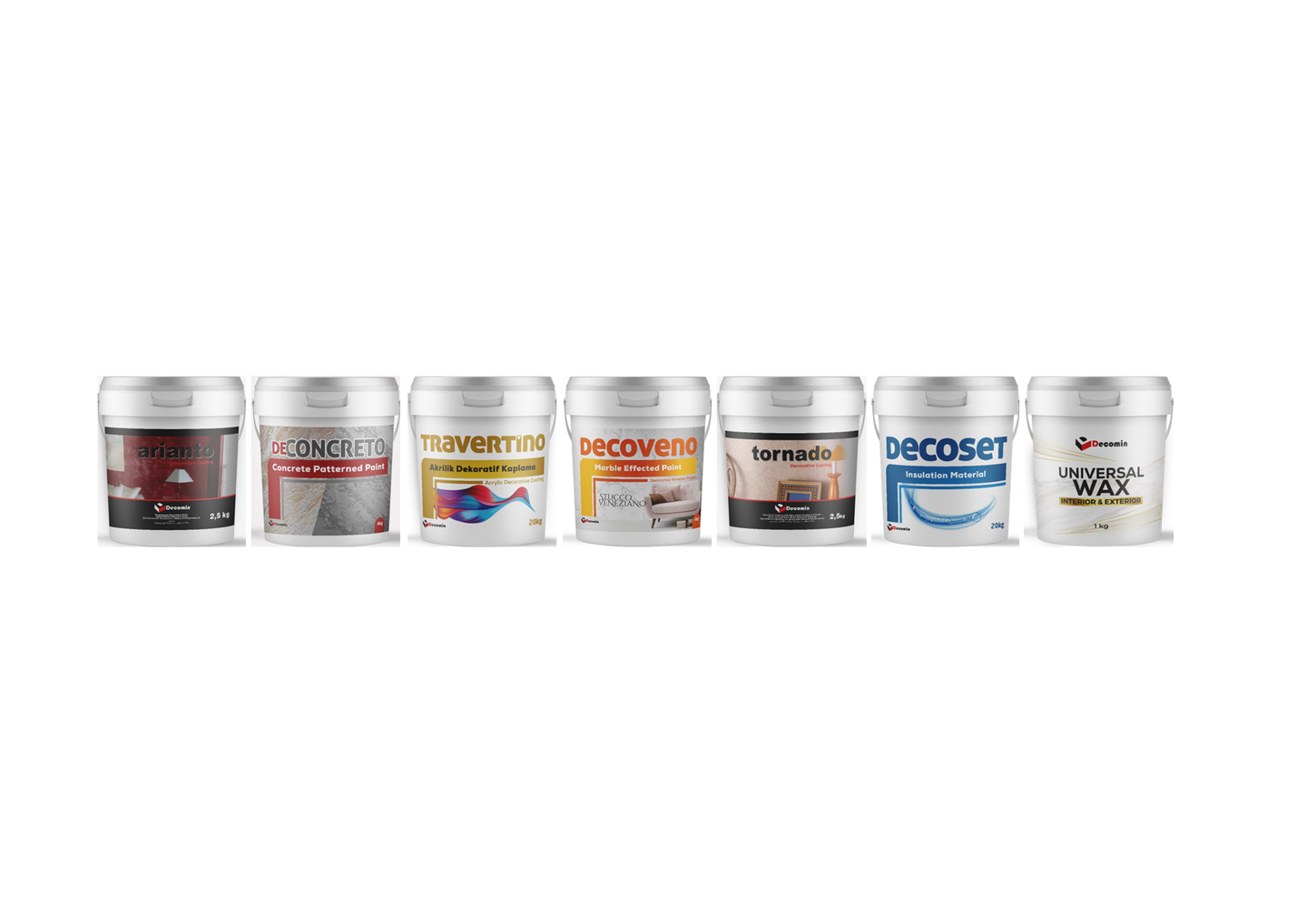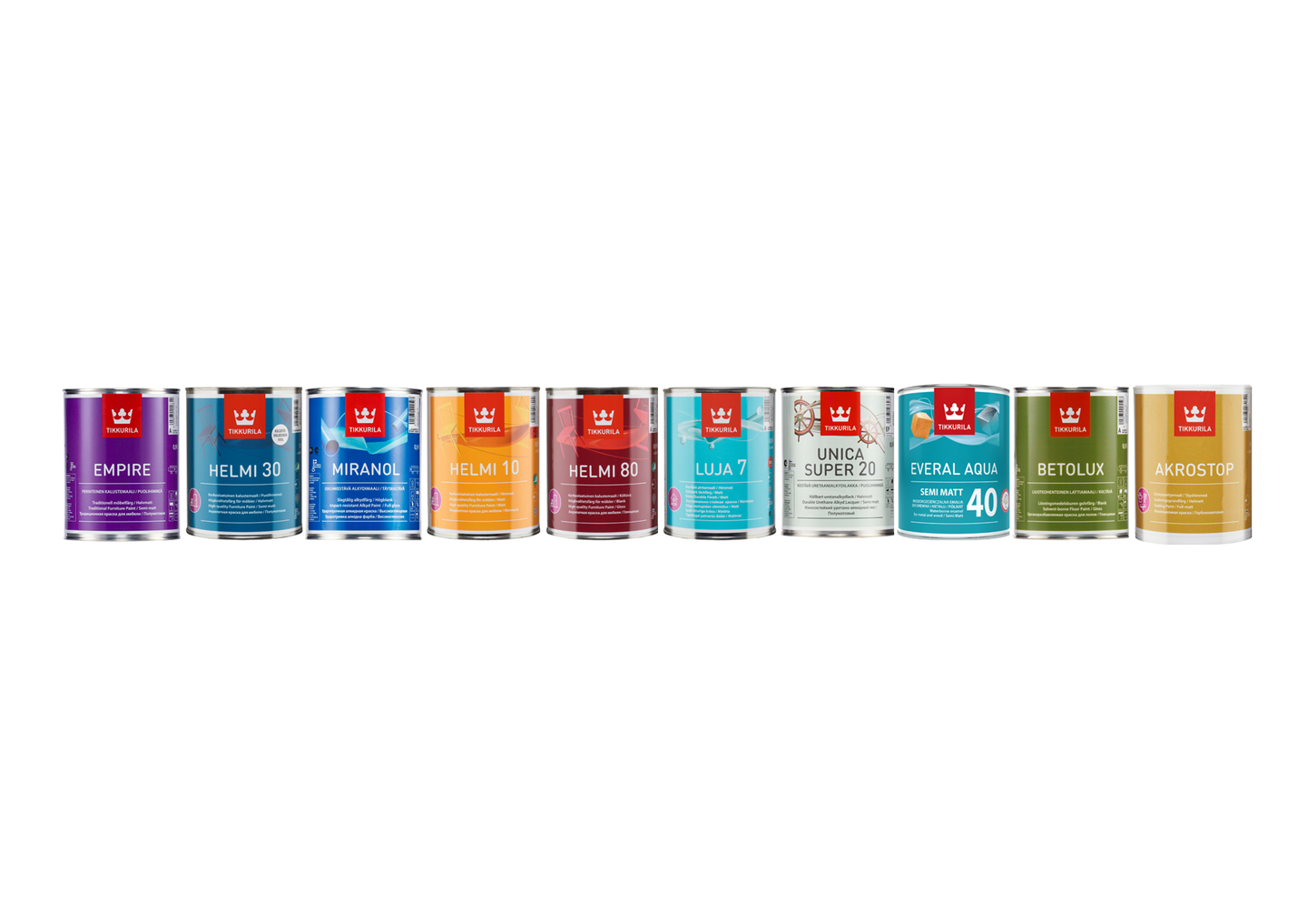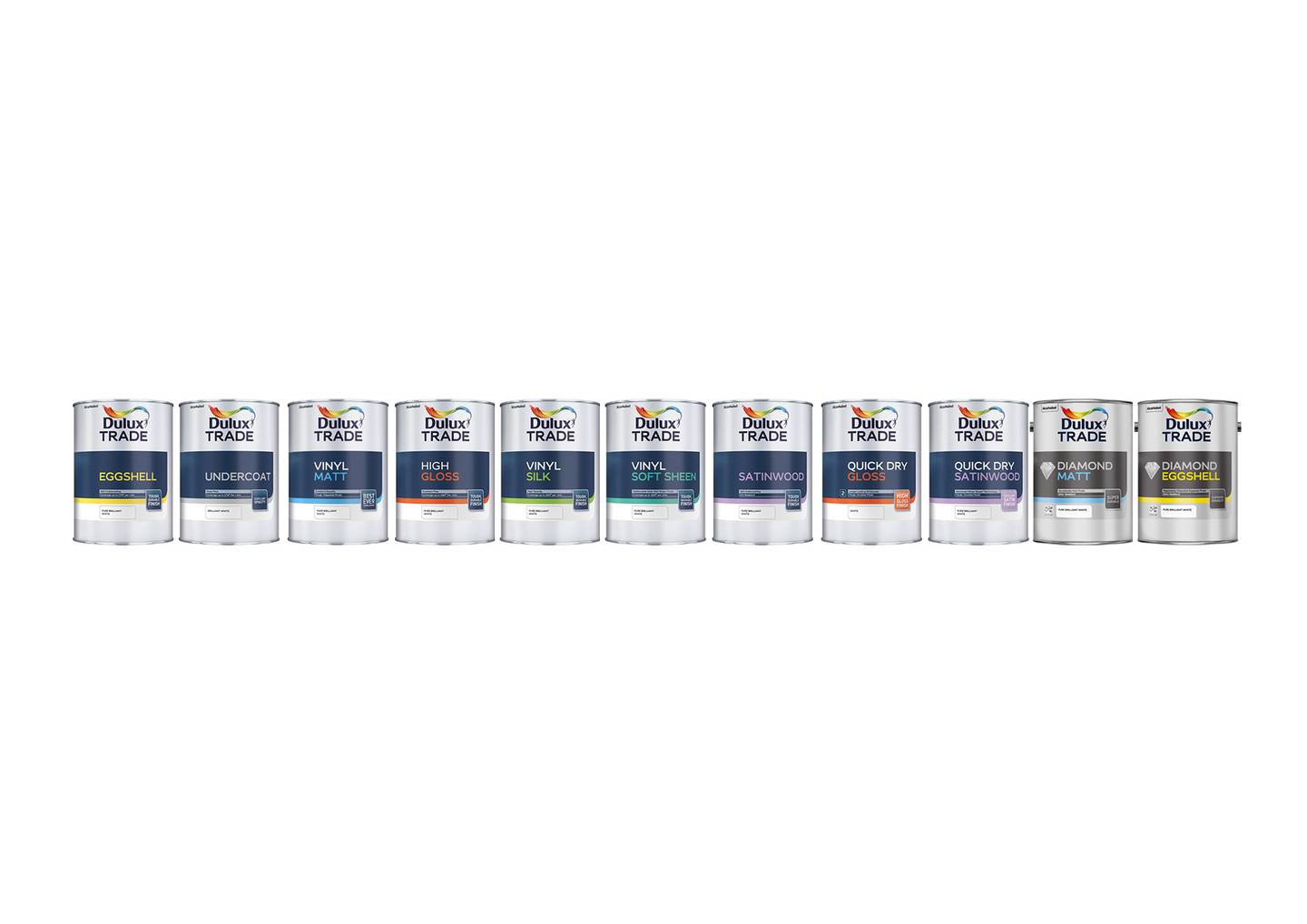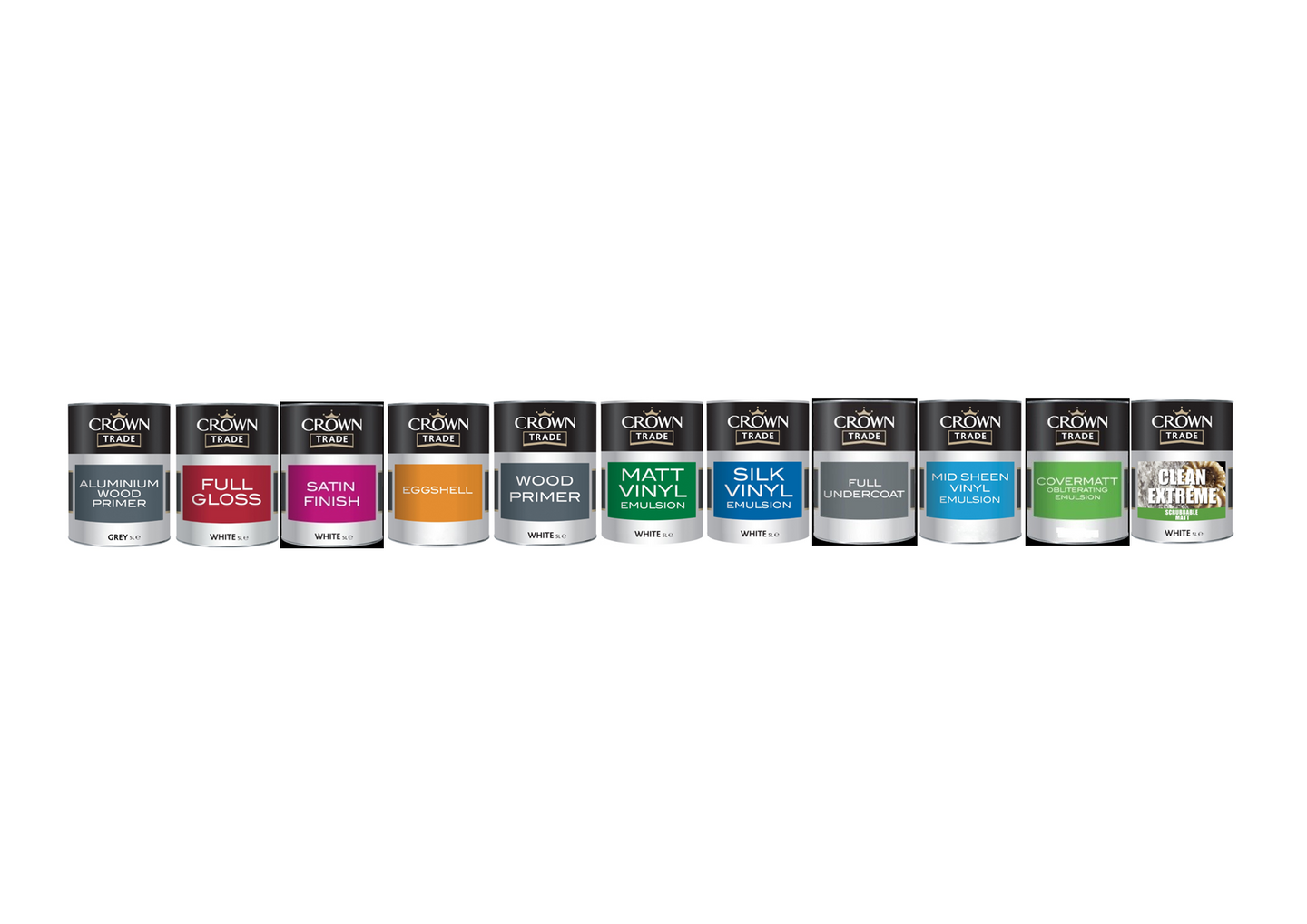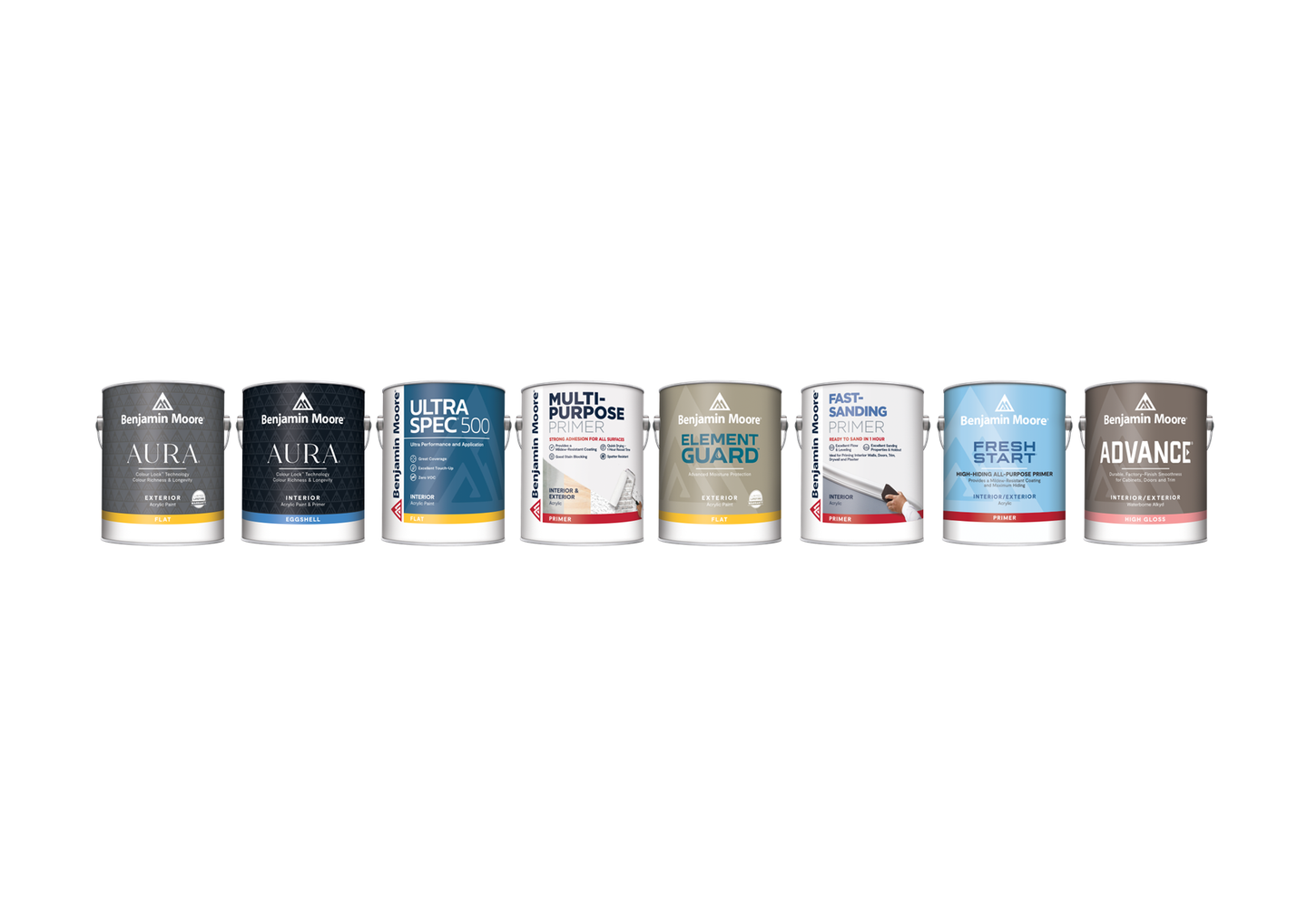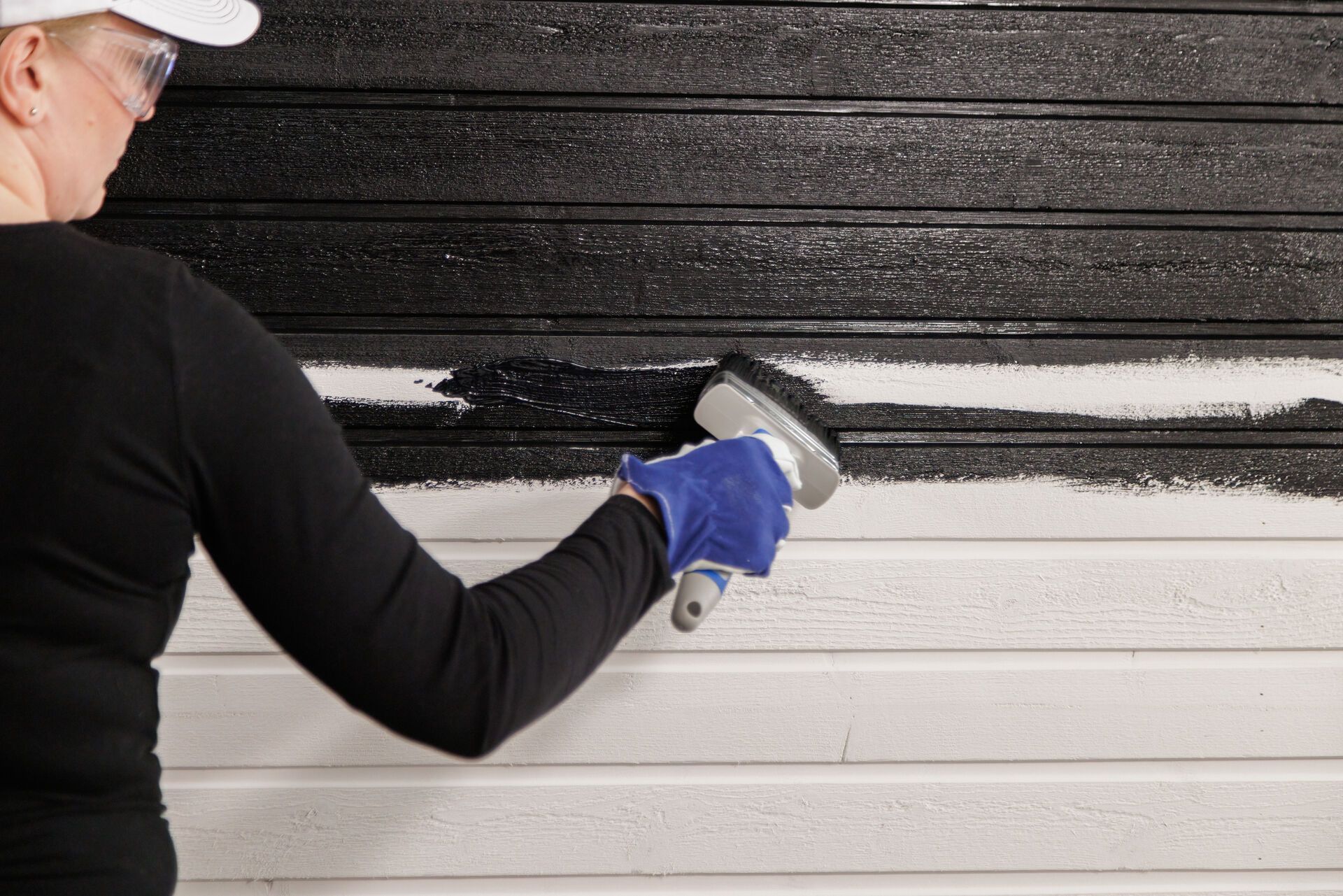
Store categories
FREE delivery on orders over £150
(free delivery applies to orders under 30 kilos to zones A & B only,
additional charges over 30 kilos or outside these area zones may apply, please see our terms & conditions page for area chart)
Coo-Var Rust Restorer 250ml & 2.5L (click here to select size) Price From
Coo-Var Rust Restorer
250ml & 2.5L
Coo-Var Rust Converter is for use on iron and steel surfaces where all rust cannot be removed. Will stop the rusting process and allow for the surface to be overcoated.Low Sheen finishSuitable Surfaces: Metal
Finish: Low Sheen
Application: Brush, roller or airless spray
Drying time: Touch Dry 4 hours or 8 hours hard dry
Overcoat time: 8 hours for water based or 24 hours for other paints
Estimated Coverage: 10m² per litre
Special notes: Apply when humidity is between 40-90% and when temperature is above 7c. Protect from freezing.
What is Rust converter?
A rust converter is a chemical solution that reacts with rust (iron oxide) to form a stable, inert compound that can be painted over. It transforms the rust into a black, protective coating, preventing further corrosion.
How does Rust converter work?
Rust converters typically contain tannic acid and an organic polymer. Tannic acid reacts with the iron oxide (rust) to form a stable iron tannate, while the polymer provides a protective layer. This process stops further rusting and prepares the surface for painting.
When should I use Rust converter?
- Mild to moderate rust: Ideal for surfaces with light to moderate rust.
- Preventive maintenance: Can be used on surfaces prone to rust to prevent future corrosion.
- Preparation for painting: Prepares rusted surfaces for painting, ensuring better adhesion and a longer-lasting finish.
How do I apply Rust converter?
- Surface preparation: Remove loose rust, paint, dirt, and grease using a wire brush, sandpaper, or degreaser.
- Application: Apply the rust converter with a brush, roller, or sprayer, ensuring even coverage.
- Drying: Allow the converter to dry according to the manufacturer's instructions, usually 8 - 24 Hours
- Painting: Once the rust converter has dried and cured, the surface can be painted.
Can I apply Rust converter on heavily rusted surfaces?
Rust converters work best on surfaces with light to moderate rust. For heavily rusted surfaces, it's essential to remove as much loose rust as possible before applying the converter. Severe rust may require mechanical removal.
How long does it take for Rust converter to work?
Touch Dry 4 Hours, Hard Dry 8 Hours - Overcoating 8 Hours for water based paints 24 Hours for other paints.
Can I use Rust converter on painted surfaces?
Rust converters should be applied directly to rusted metal. They are not effective on painted surfaces. Any existing paint should be removed from the rusted areas before application.
Is rust converter the same as Rust remover?
No, rust converters and rust removers serve different purposes. A rust remover dissolves rust and removes it from the metal surface, whereas a rust converter chemically transforms the rust into a stable, paintable compound.
Do I need to paint over Rust converter?
Yes, it is highly recommended to paint over the treated area. The rust converter provides a stable base, but the protective layer it forms is not as durable as a topcoat of paint. Painting over it adds an extra layer of protection against moisture and further corrosion.
Can I use Rust converter on all types of metal?
Rust converters are typically designed for ferrous metals (iron and steel). They are not suitable for non-ferrous metals like aluminum, copper, or stainless steel ( unless T Washed with Mordant Solution first)

